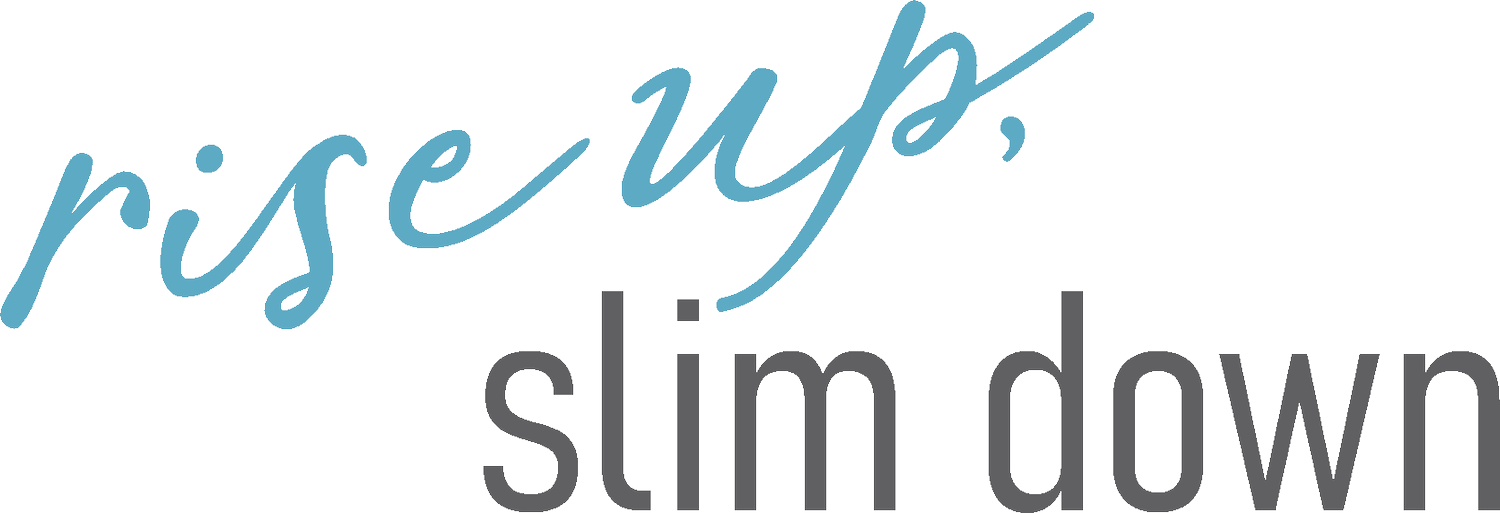
Blog
#15 Linda is interviewed on “Food Junkies” podcast
Today’s post features an interview of Linda Witnov for the podcast “Food Junkies,” which is tied to a support organization that helps clients who identify as food addicts in some way. Linda shares her history and reflects on the field and the attempt of a multi-disciplinary array of professionals trying to elevate this description of eating problems in the medical and psychological worlds and spread awareness throughout the general public. What do you believe? Is food addiction a “thing”?
#14 The Thought Model
This blog post will teach you a method for capturing some of the thoughts which sabotage you and will suggest how to turn them around into thoughts that help you achieve your goals. This system has worked for many people for weight loss as well as for other aspects of life.
This method, known widely as “the thought model,” originates with cognitive-behavioral therapy, was influenced by Buddhist practitioner Byron Katie, and was tweaked and taught widely by master coach Brooke Castillo. Like so many techniques, it’s simple, but not easy. It takes some reflection and work (journaling) but if used regularly it really pays off.
#13 Three success stories prove “one size” does NOT “fit all”
Research shows that only a small fraction of people who participate in a “one size fits all” diet are successful long-term.
Instead, I suggest you try “start where you are.” Ask yourself, “What prevents me from already being at my desired weight?” I’ll bet you can answer that fairly easily, identifying the two or three behaviors that you could change for the better. And I know for sure that it’s different for every person.
#12 How to decrease your hunger without Ozempic
And for those who may have missed it in the news, this is the brand name of a relatively new drug, part of the class of semaglutides designed for use in patients with diabetes, gaining in popularity for its off-label use in the general population for the purposes of weight management. It’s known for its ability to decrease the patient’s appetite.
My breezy use of the name of Ozempic here is intended to raise the question: if appetite suppression is what we desire in order to facilitate weight loss (a logical inference), then how might we decrease appetite without drugs? If that question interests you, keep reading.
#11 Refresh: First steps
This post is a sort of “quickstart” or review or restart. It lists the basics needed for permanent weight loss and for successfully achieving peace with food. It includes: create your own food plan, work on your feelings of agency, redefine “mistakes,” consider increasing your protein, court compassion and more!
#10 “Efforting” vs. Doing
Efforting refers to a certain kind of thinking that we can slip into. It’s exhausting. It’s effort-full. It produces heightened drama and typically results in disappointment because the goal that we desire so fervently is not being reached. We can feel justified about our correct behavior, and victimized when results don’t come as expected. We might be angry, blaming the diet or the experts who wrote it. Often, we quit.
#9 Resolved to lose weight in 2024? What factor best predicts your success?
This post explores the three attitudes needed to activate the process of weight loss. In particular, it highlights the one that will best predict your success. What could that be…?
Special Edition: Plan to enjoy your holidays!
This post is a sort of menu (list) of action options that will help you to reduce stress and better navigate your relationship with food during the holidays. Pick and choose what you need. First, I will give overall strategies that include reflections upon last year, using your calendar, and exploring your expectations and desires. Second, I will discuss practical tips for holiday food situations. Last, I will delve into the psychological realm and suggest some strategies for self-care and handling those “special” people you might encounter at this time of year.
#8 How do I handle urges?
First of all, you should be relieved to hear that urges are completely normal. There is nothing wrong with you! You should also know that an urge is simply a thought/feeling. As with so many things about eating, that is both the good news and the bad news! It means that you are completely in control of what you choose to do with the thought, whether to act on it or not. It’s all happening inside of you. But what you tell yourself, inside your own head, will be the thing that makes the difference. Easy to say, hard to do. At least initially.
#7 The Survival Brain
Why do I sabotage my efforts at achieving my goals? Who is that voice in my head, anyway?
If you’ve ever tried to break an old habit that isn’t serving you, or form a new healthier habit, you have probably encountered the phenomenon known as “cognitive dissonance.” One part of your mind is saying “yes, yes, yes” and another part is saying, “no, no, no” all at the same time or in rapid sequence. It’s like a tug of war with no peace in sight. It’s easy to feel like you are a spectator, a victim, just waiting to see who wins this time. How can you get control of the situation so that the “real you” wins?
#6 Getting Started: Empowering Beliefs
This blog post is the “companion” piece to #5 which considered limiting beliefs. In this one, I will introduce the concept of neuroplasticity and offer effective strategies to move you away from your limiting beliefs and toward positive, empowering beliefs that will help you reach your goals. The first strategy offers a list of empowering beliefs which are “ready-made” for you to use and are frequently effective for people working on their weight. The second strategy teaches you how to discover your own limiting beliefs and transform them into empowering beliefs that serve you. It takes a little more work than the first method, but can truly pay off. Try them both or pick one. And the final strategy suggests ways to practice your new empowering beliefs. That’s for everyone. Don’t skip that step!
#5 Getting Started: Limiting Beliefs
One tricky thing about beliefs is that we are often unaware of what we believe. The thought resides just below the surface of the flow of words in our minds. This means that in order to become cognizant of some of those “hidden” beliefs, we have to cultivate awareness. Somehow (and there are many techniques, fortunately), we need to tune in to what we’re thinking and let those beliefs come to the surface.
#4 Getting Started: How to reach your goal (and what to do if you don’t)
Briefly stated, you can either use a goal to help you further your aims or use it against yourself. And the fact that so many people use goals against themselves is the reason they hate setting goals in the first place. And it’s why they set small goals instead of shooting for what they really want.
#3 Getting Started: Goal-setting
So why set goals? I submit that the purpose of having a goal and working to achieve it is not to search for that elusive “happiness” or fix something but rather to get to know yourself better. To discover your own power, your own “awesomeness” as we call it nowadays. To become a self-actualized person. To engage more fully in life. To find out what you’re made of. It’s not the goal per se that’s the greatest value but rather to see who you become as you challenge yourself to become the person you truly want to be.
#2 Getting Started: Don’t go on a diet!
As a coach, if I ask you, “What are the one or two behaviors that you do regularly that undermine your ability to weigh less?” (Pause reading this right now if you wish, get out some paper and answer that question.) Most people can answer it immediately. We know. We just don’t want to know what we know, right?
Now you’ve reclaimed the power. Start your diet focusing on these two behaviors. Leave everything else the same and see what happens. We’re using the scientific method. You’re looking for the “low-hanging fruit” as it’s called. For example, if you’re having two sugary drinks from Starbucks every day, try cutting back to one. Move gradually. But notice who holds the power now. It’s you! There is no one to rebel against. You’re likely to be more successful this way.
#1 Getting Started: the overview
Don’t go on a “diet.” Rather, decide to create your own plan, gradually. It needs to be something you prefer to live with for the rest of your life. Allow it to easily fit in with your life—your schedule, what other people in your household eat, how much time realistically you have to shop and prep food, your food preferences, in short everything in your life! There is no diet plan out there that knows what your life is like, so design your own. Change one small thing at a time and practice being consistent before you add the next thing.
















